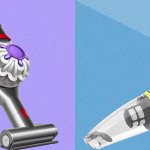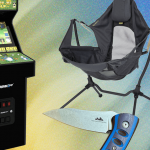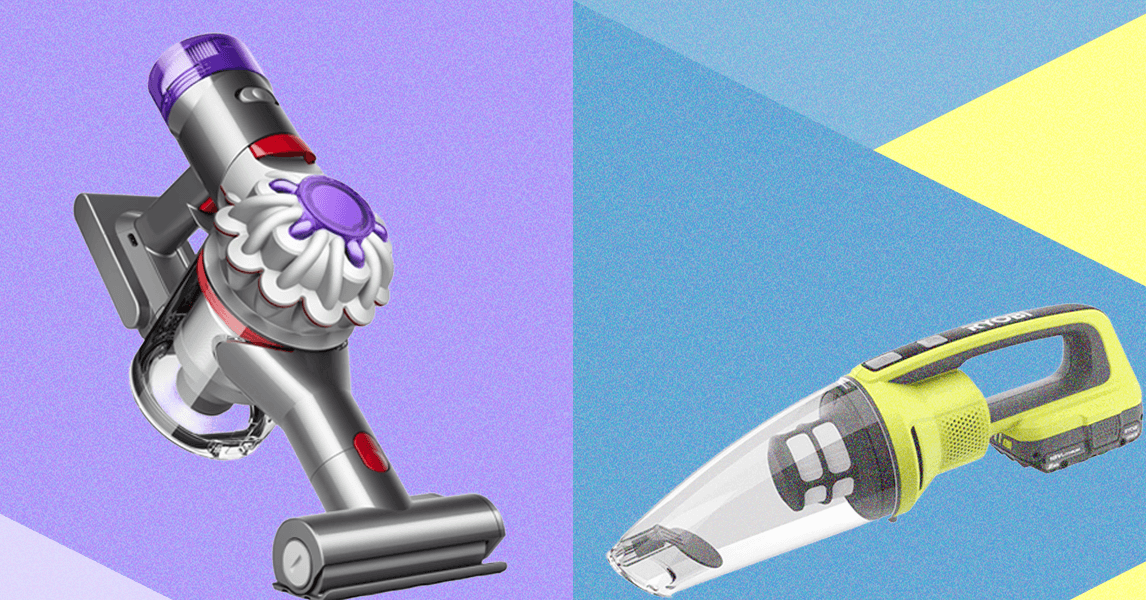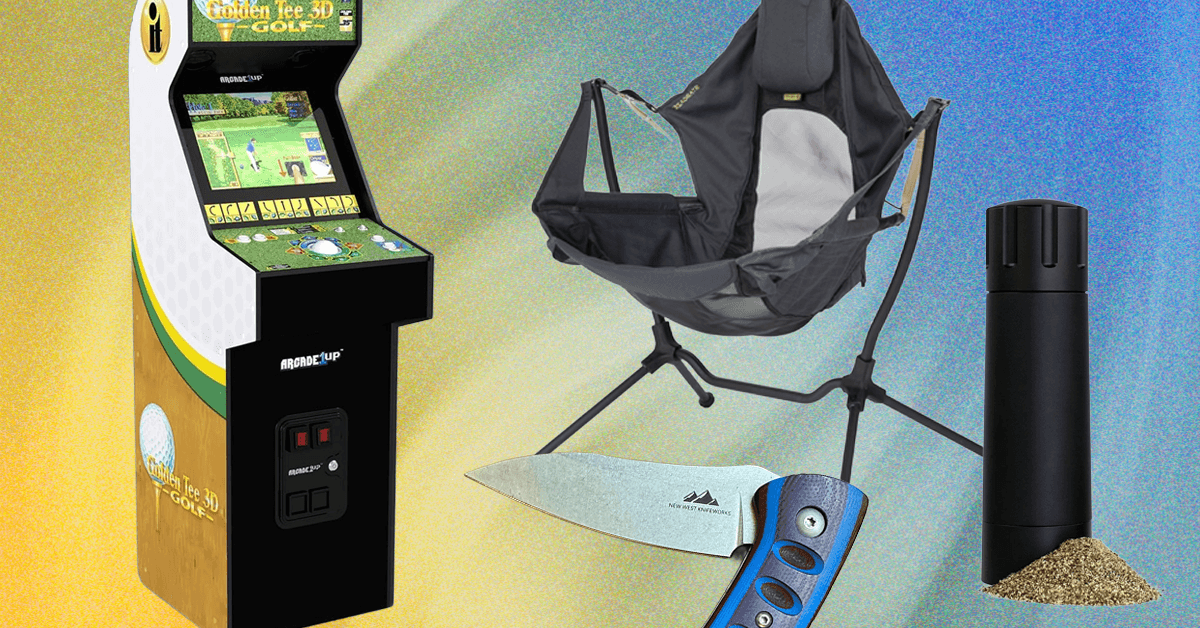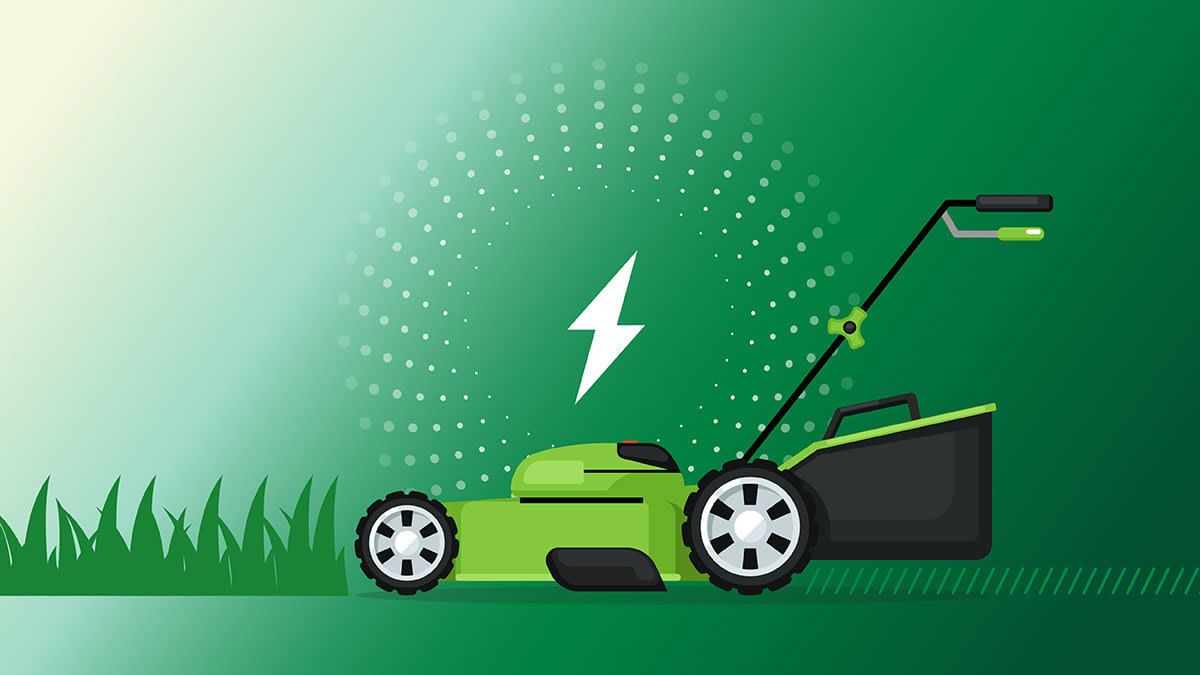
To be sure, newer lithium-ion batteries are developing rapidly, lasting far longer between charges. The amount of energy they put out relative to their volume—their “energy density”—has improved by a striking 9 percent annually between 2015 and 2023, says Simon Mui, an expert in battery technology who works for the Natural Resources Defense Council based in New York City.
But battery makers aren’t going to just leave consumers in a lurch, Kollontai says. Manufacturers have already gone through a few iterations of their batteries and they’re all still doing so, he says. “More likely than not, any battery you buy today will continue to be supported for years to come,” Kollontai says. “If a new technology emerges, it will likely be phased in slowly, and not replace an existing battery design overnight.”
Toro, an outdoor power equipment maker, is in the process of designing its lawn mowers, chainsaws, leaf blowers, string trimmers, and other electric tools to house more powerful batteries that are the same dimensions as current batteries, or to house more than one size of battery. “We always wanted customers who bought into the platform to stay in the platform,” says Adam Russell, marketing manager for Toro’s residential landscape contracting division.
And because consumer-level battery technology isn’t very complex, an increasing number of third-party manufacturers will sell lower-cost generic batteries to fit a variety of housings, Mui says.
